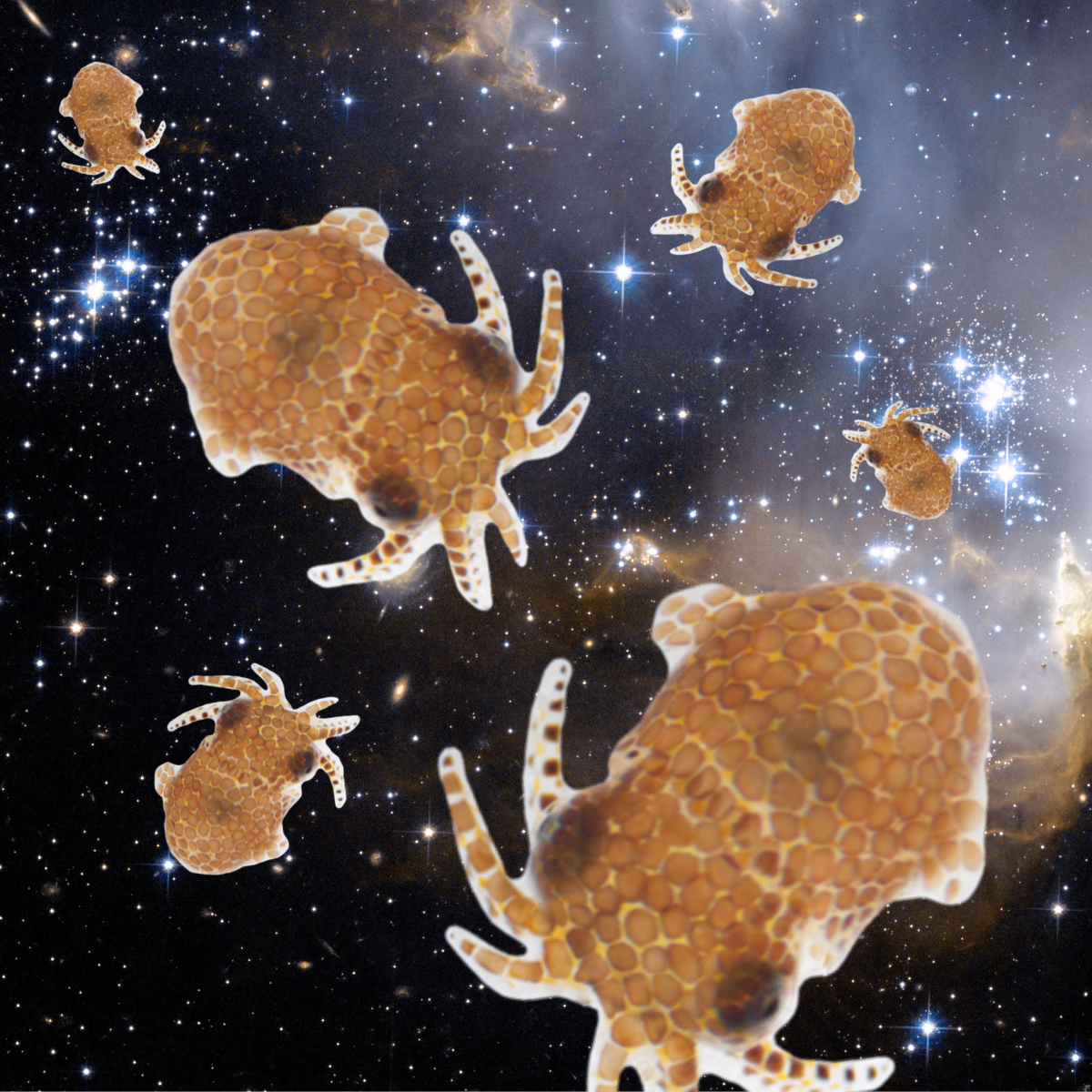S5.11 When should you eat your relatives?
Hello and welcome to Genetics Unzipped, the Genetics Society podcast with me, Dr Sally Le Page. In this episode, we’re exploring the gruesome side of family life in the natural world, getting stuck into a spot of cannibalism and asking: “When exactly should you eat your relatives?”
Birds do it. Bees do it. We even have evidence that fleas do it, although whether or not those fleas are educated remains to be determined. And by ‘it’, I of course mean cannibalism.
Cannibalism is a behaviour that captures the imagination, from tragic tales of desperate sailors marooned at sea to horror stories like Hannibal Lecter in Silence of the Lambs. In western societies, human cannibalism is the ultimate taboo, and there’s good reason for that; cannibalism comes with a lot of costs.
If you want to eat someone, you’ve usually got to kill them first. And killing someone is a risky business. Just don’t ask me how I know. It takes a lot of physical energy and there’s a very strong chance that your victim will fight back and you might get injured as a result, perhaps even killed yourself. And this all takes time, time that could otherwise be spent finding another food source, perhaps one with a little less kick.
Although cannibalism may be taboo for us, that’s not always the case around the world. For the Fore people of Papua New Guinea, cooking and eating the bodies of people who had recently died used to be an act of great respect, allowing the positive aspects of that individual to remain within the tribe and helping to free the spirit of the dead. Far better for your body to be eaten by the people who loved you than eaten by maggots and worms.
But anthropologists who observed the Fore people in the 1950s documented an unusual disease called kuru that was killing up to 2% of the population every year. After ruling out toxic contaminants and genetic illnesses, researchers realised it was a disease spread by eating the brain tissue of affected people, caused by an infectious prion similar to Creutzfeldt-Jakob Disease or mad cow disease.
Disease is a powerful force in evolution, and as it’s much easier to become infected with something nasty by eating an individual of your own species than a different species, this should make it much harder for cannibalistic behaviours to evolve.
For a long time many biologists thought cannibalism was rare in nature because of all these costs; the risk of disease or injury. Plus if adaptations have to be “for the benefit of the species”, eating members of your own species doesn’t seem to fit the bill. Surely, they thought, any cannibalism they saw must be a last resort, an act of extreme starvation. But the more they looked, the more they saw that cannibalism is actually very common in nature.
Family dinners: when relatives are on the menu
In the field of evolutionary biology - that’s the science of why and how things evolve - we’ve largely dispensed with the idea of things evolving “for the good of the species”. Instead, for a behaviour to evolve, it must benefit the genes encoding that behaviour, in the context of the environment in which they find themselves. To use very anthropomorphic language, these genes selfishly “want” to put as many copies of themselves into the next generation as possible, regardless of what happens to anyone else, hence the term ‘the selfish gene’.
From this point of view, animals eating members of their own species that they don’t share many genes with makes a bit more sense. But often they’re not just eating any old members of their own species, but members of their own family - in other words, individuals who also share their supposedly ‘selfish’ genes.That’s right, mothers, brothers, sisters and lovers all at the dinner table, served up with the proverbial fava beans and chianti.
And what’s more, cannibalising your relatives doesn’t seem to be a one off, but a behaviour that has been deliberately and repeatedly selected for as a beneficial adaptation. So how can eating your family be a good thing for your genes? Click here to read more…
That’s all for now. We’ll be back next time taking a closer look at the red stuff - discovering what we can learn about cancer from a simple blood test.
For more information about this podcast including show notes, transcripts, links, references, music credits and everything else head over to geneticsunzipped.com You can find us on Twitter @geneticsunzip and please do take a moment to leave us a rating in the Spotify app or review us on Apple podcasts - it really makes a difference and helps more people discover the show.
This episode of Genetics Unzipped was written, presented and produced by me, Sally Le Page. It’s made by First Create the Media for The Genetics Society - one of the oldest learned societies in the world dedicated to supporting and promoting the research, teaching and application of genetics. You can find out more and apply to join at genetics.org.uk. Our theme music was composed by Dan Pollard, and the logo was designed by James Mayall. Thanks for listening, and until next time, goodbye.
Image credits:
Painting of Saturn devouring his son, Francisco Goya
References





